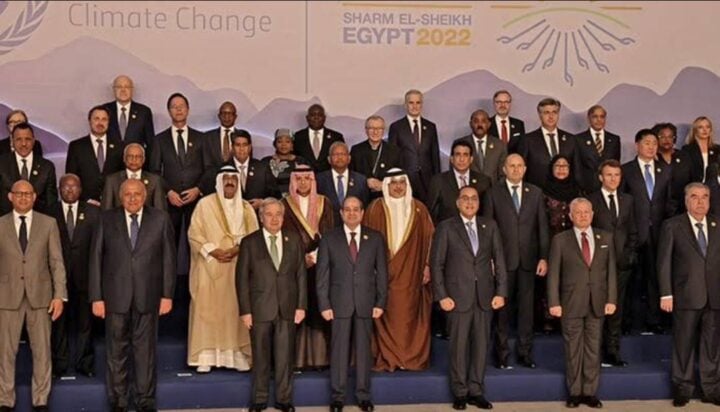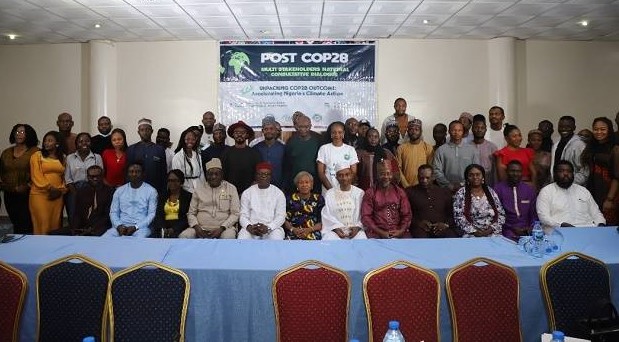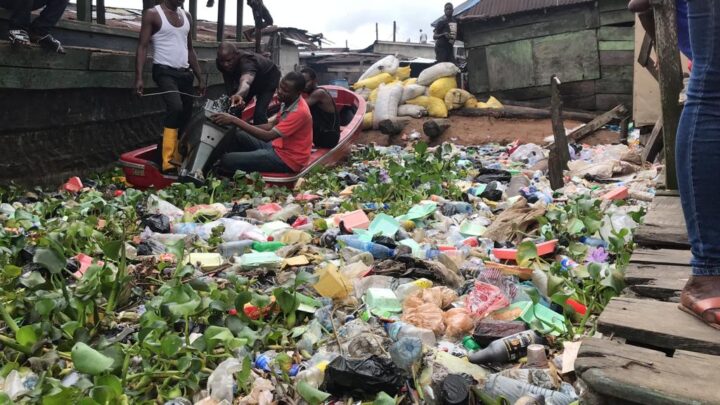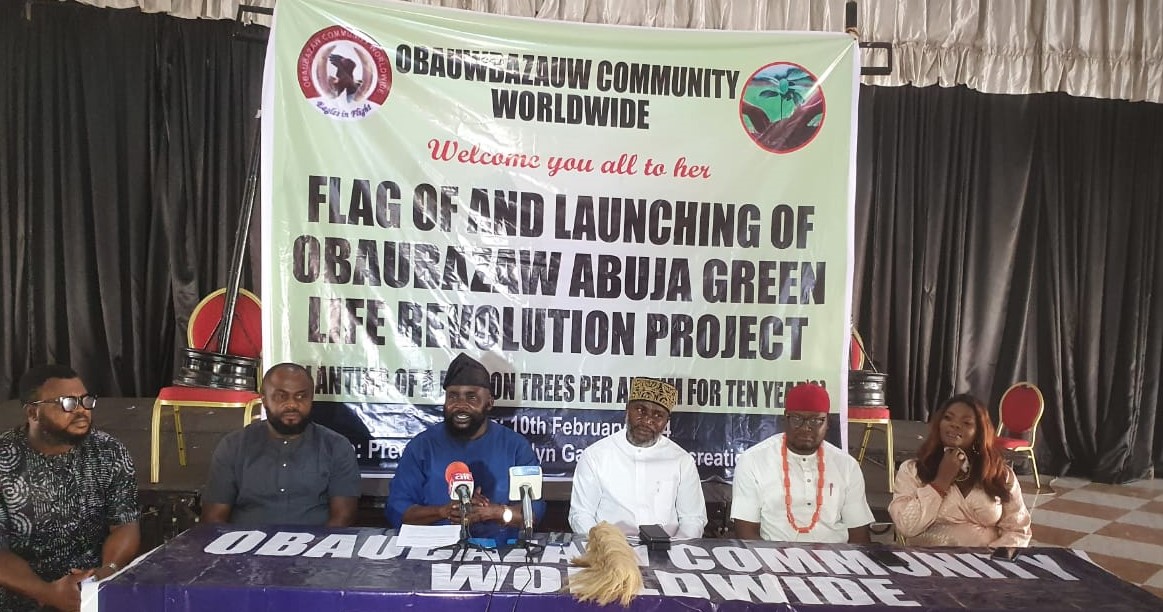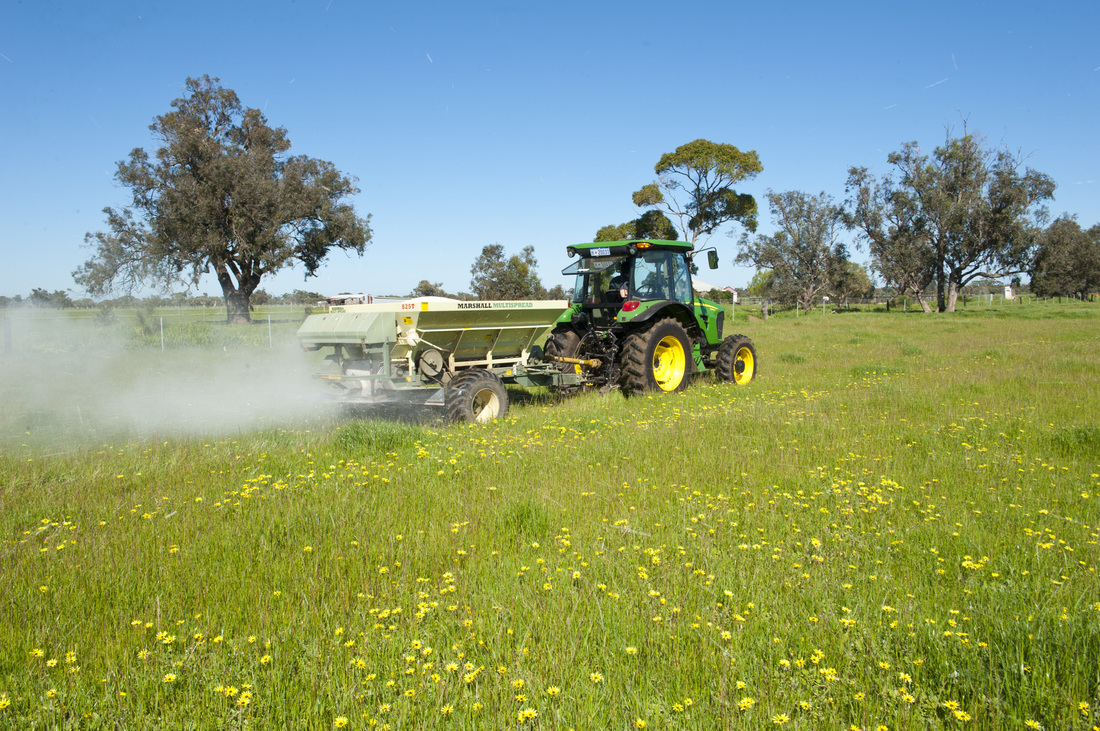World leaders at COP27
This year, Azerbaijan is hosting the 29th session of the United Nations Climate Change Conference, otherwise known as COP29. The country appointed Mukhtar Babayev, its environment minister, as the president of the conference happening in Baku, the nation’s capital, in November.
On January 13, President Ilham Aliyev of the Republic of Azerbaijan, signed a decree on the establishment of the organisational committee of COP29. The committee comprises 28 men and no women.
While climate change is a global crisis, its impacts are not felt equally across populations. Women, in particular, face unique challenges rooted in existing gender inequalities.
Climate change disproportionately impacts women in numerous ways, and one significant area is the occurrence of climate-related disasters. Women are often more vulnerable during and after these events. They face higher risks of injury, displacement, and loss of livelihood.
Advertisement
In many societies, women also bear the responsibility of caregiving, and during emergencies, this burden becomes even more demanding. As a result, women experience greater physical and emotional stress in the face of climate-related disasters.
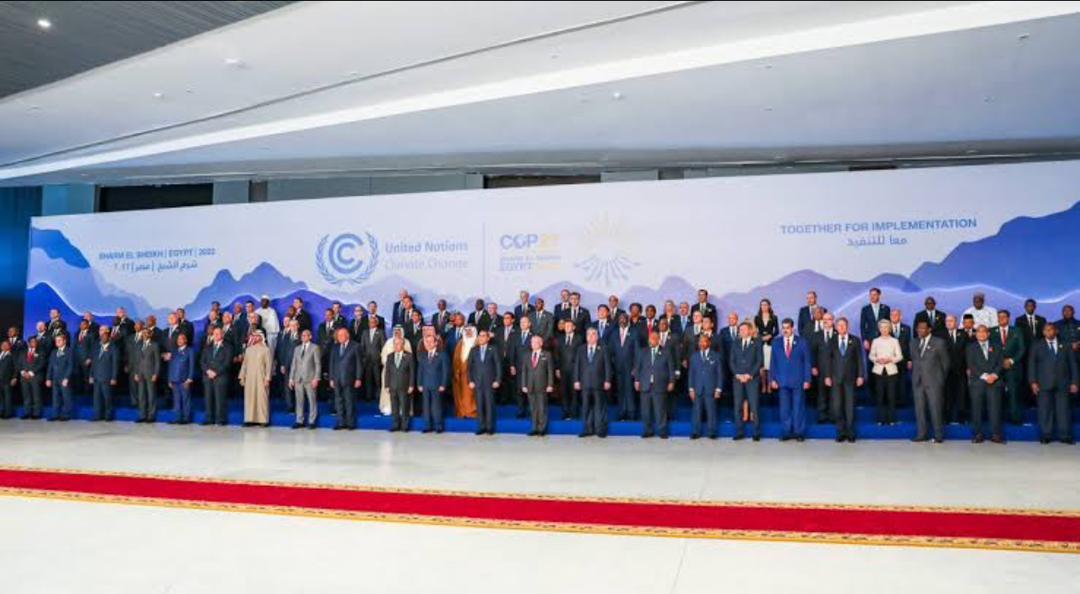
UNDER-REPRESENTATION OF WOMEN IN CLIMATE CONVERSATIONS
The equal participation and leadership of women are vital to achieving climate goals. However, male overrepresentation in the decision-making and technical panels under UN Climate Change—known as constituted bodies—remains an issue of concern.
Advertisement
In its 2021 Gender Composition report, the UN Climate Change highlighted the lack of consistent progress towards gender balance among constituted bodies and government delegations under the Convention, the Kyoto Protocol and the Paris Agreement.
According to the UN, women government delegates occupied, on average, 33 percent of all constituted body positions in 2021, as was the case in 2020 and 2019. Similarly, 60 percent of government delegates and 73 percent heads and deputy heads of delegations at COP25 were men.
The Women’s Environment and Development Organisation’s gender climate tracker found that only 13 percent of COP26’s delegation heads were women and the percentage of women in national climate delegations only rose from 30 percent in 2009 to 38 percent in 2021. For COPs, only 10 percent of heads of delegations were women in 2009 and 13 percent in 2021, with a low of 9 percent in 2015 and a high of 26 percent in 2017.
This denotes a lack of significant progress on female representation in constituted bodies, despite years of work to get countries to commit to improving equal participation. The exclusion of women from decision-making processes has resulted in policies and strategies that often fail to adequately consider the specific needs and concerns of women.
Advertisement
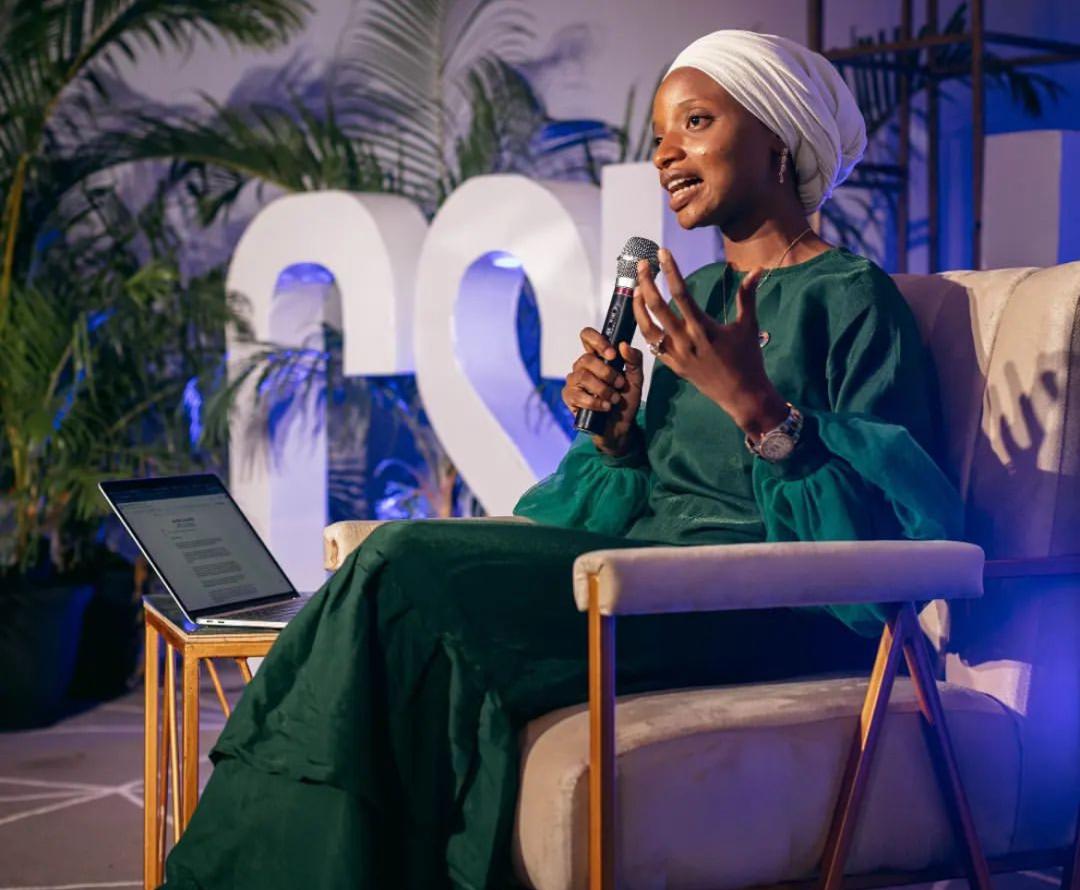
It is also worth noting that since the first COP in 1995, only four women have been appointed as COP presidents. This begs the question of whether climate change mitigation, disaster reduction, and adaptation strategies can really be holistically developed without the inclusion of women, who comprise nearly half of the world’s population.
Reacting to Azerbaijan’s all-man COP29 committee, SHE Changes Climate, a civil society organisation (CSO), described the decision as a “regressive step in the journey towards gender parity in climate.”
The organisation demanded equal representation in the governance of this year’s climate talks, adding that “climate change affects the whole world, not half of it.”
‘COUNTRIES ARE PLAYING LIP SERVICE ABOUT GENDER INCLUSION’
Advertisement
Priscilla Achakpa, founder and global lead of the Women Environment Programme (WEP), told TheCable that “most of these countries are just paying lip service about gender inclusion”.
Achakpa expressed disappointment at how the COP29 presidency did not find it worthy to at least include a woman in the 28-member committee. She described the decision as “sad, unfair, and unacceptable”.
Advertisement
“Gender issues in climate change cannot be mocked. When it suits countries, they will talk about gender inclusion, and when it does not suit them, they keep quiet. We need to take this up, and these countries should be held accountable for their actions,” Achakpa said.
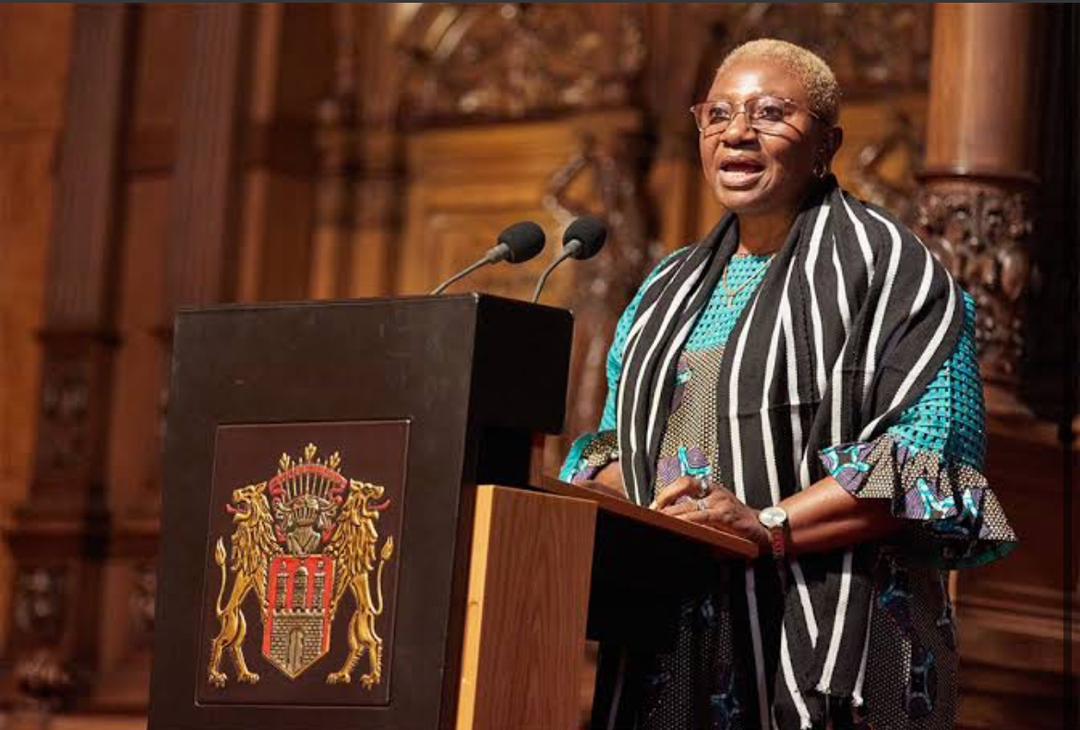
In the same vein, Baliquees Salaudeen-Ibrahim, climate activist and founder of She Leads Climate Action, said it is crucial to ensure that “the majority who are being affected by climate change are allowed to play a key role” in the decision-making process.
Advertisement
Salaudeen-Ibrahim expressed optimism that Azerbaijan might still be able to “adjust” the COP29 committee, especially with the intervention of the UN Women because they have the resources to do so.
“Having women in the room will give us a real-life representation of how we are being affected by climate change, how it affects our access to sanitary products and all of these things. A man might be unable to fully understand these concepts,” she said.
Advertisement
“There are experienced and knowledgeable women in the climate change space who can offer relevant solutions, but if they are not in the room, how can women expect fair representation?
“To have more female representation in climate talks, women need to start believing in their abilities. Then we can now collectively push the agenda to ensure that we have more women in these spaces.”
The climate activist maintained that women “need to be in the room and sit at the tables where decisions that affect us are being made”.
